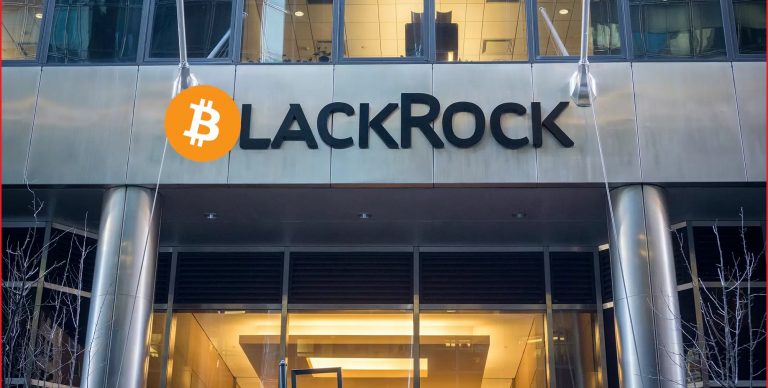
In the face of mounting inflationary pressures, BlackRock, the world’s largest asset manager, has made a significant move by diversifying into Bitcoin. This strategic pivot is not just a mere addition to their vast portfolio; it is a profound statement on the evolving nature of asset management in an era of digital disruption and economic uncertainty.
The decision by BlackRock to adopt Bitcoin as a hedge against inflation comes at a critical time when the traditional financial markets are grappling with the challenges posed by rising inflation figures. The Bureau of Labor Statistics’ recent warnings about the uptick in inflation for March have only added to the concerns over the US dollar’s stability and the global financial trends that are shaping the economy.
Bitcoin, with its finite supply and decentralized nature, offers an alternative avenue for preserving value. This is particularly relevant in the context of the BRICS bloc’s efforts to reduce dependency on the US dollar. Countries like Brazil, Russia, India, China, and South Africa are exploring alternatives to the greenback, and digital assets such as Bitcoin present themselves as technologically advanced options.
Register for Tekedia Mini-MBA edition 19 (Feb 9 – May 2, 2026): big discounts for early bird.
Tekedia AI in Business Masterclass opens registrations.
Join Tekedia Capital Syndicate and co-invest in great global startups.
Register for Tekedia AI Lab: From Technical Design to Deployment (next edition begins Jan 24 2026).
Larry Fink, CEO of BlackRock, has expressed a bullish outlook on Bitcoin, noting the positive market response to the firm’s application for a Spot Bitcoin ETF. His remarks underscore the firm’s recognition of Bitcoin’s potential to act as a hedge against inflation and currency devaluation. This endorsement from a top executive is a significant nod to the cryptocurrency’s role in the future of finance.
The implications of BlackRock’s move are manifold. It signals a growing acceptance of digital assets among institutional investors and indicates potential shifts in global financial practices. As cryptocurrencies continue to gain traction, they could play a pivotal role in redefining how value is stored and exchanged in an increasingly digital world economy.
Moreover, this transition aligns with the rising gold prices driven by increased demand from central banks. The trend complements the growing interest in Central Bank Digital Currencies (CBDCs) and other digital assets, indicating a shift towards more diversified and technologically integrated financial systems.
As we look ahead, BlackRock’s strategy to use Bitcoin as an inflation hedge not only highlights the asset’s growing acceptance but also signals a broader trend towards cryptocurrency adoption. Whether this move heralds a new era for asset management or is a response to the immediate economic conditions, it certainly marks a significant moment in the intersection of traditional finance and the burgeoning world of digital currencies.
The future of global finance may well be shaped by these developments, as the world watches closely how traditional and digital assets will coexist and complement each other in a rapidly changing economic landscape.


